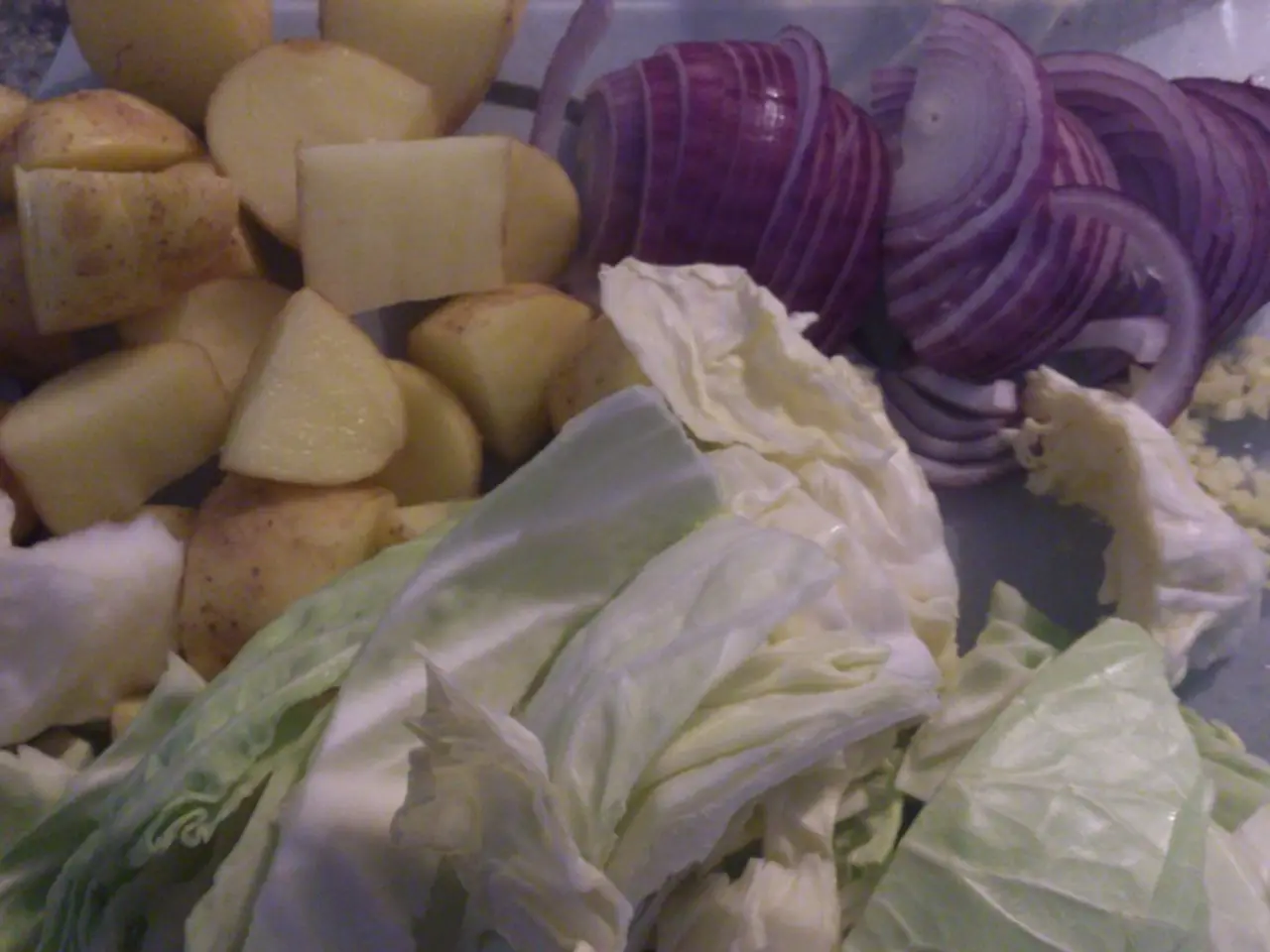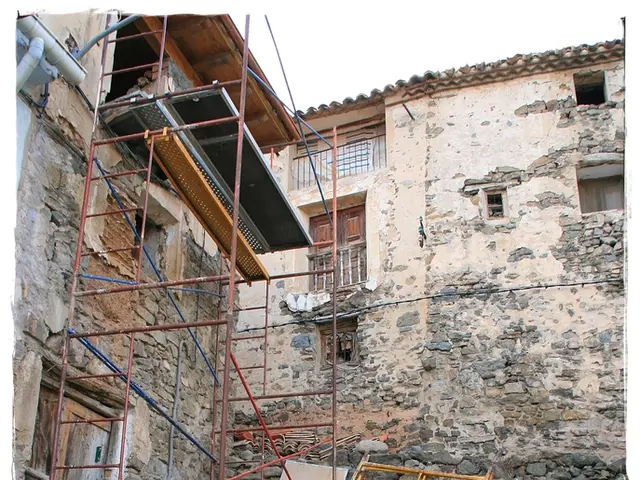Europe seeks to strengthen relationships with India, disregarding potential connections with Russia
In a significant geopolitical move, Indian Prime Minister Narendra Modi was seen holding hands with Russian President Vladimir Putin and Chinese President Xi Jinping during a recent summit in China. This symbolic gesture underscores the intricate web of international relations, as the European Union (EU) seeks closer dialogue and cooperation with India.
The EU's interest in India is driven by the growing complexity of global security threats, rising geopolitical tensions, and rapid technological change. However, concerns persist over India's participation in the annual Russian military exercise Zapad and its purchases of Russian oil and coal.
The EU's chief diplomat, Kaja Kallas, has acknowledged these actions as obstacles to deepening ties between the EU and India. In the exercise, the Kremlin simulated a nuclear attack on NATO countries, causing unease in the EU. India sent 65 troops to join the exercise last weekend.
Despite these challenges, the EU is counting on India for its diversification push. Brussels is hoping to diversify trade away from the U.S. and an increasingly unpredictable White House. The EU aims to finalize a free-trade agreement with India by the end of the year, which includes expanded collaboration in defense and security.
The EU's trade commissioner, Maroš Šefčovič, reiterated this timeline during his third visit to India this year. He spoke highly of India during his visit and emphasized the need for a swift conclusion to the trade talks.
France, the United Kingdom, Italy, Poland, and Finland have also participated in negotiations with India to strengthen cooperation in defense policy and trade. These talks are expected to conclude by the end of 2025.
However, the EU finds it challenging to remain a credible threat to Russia while doing more business with India, which has historical and ongoing close ties with Moscow. An EU official admitted that there are differences between the EU and India regarding Russia's war on Ukraine. The EU has already sanctioned a partly Russian-owned refinery in India, meaning that the facility can no longer export to the bloc.
The EU is also considering targeting countries that aid Russia in circumventing sanctions, including India, which is among the top buyers of Russian oil and coal. Brussels is keen on boosting cooperation with India, particularly in defense, as stated in a communication published on Wednesday.
Yet, Kaja Kallas warned that if the EU doesn't engage with India, hostile powers may fill the gap. Commission President Ursula von der Leyen visited India at the start of the year, taking her full roster of commissioners with her, underscoring the EU's commitment to strengthening ties with India.
In conclusion, the EU-India relationship is a complex dance amidst global challenges. While concerns over India's relationship with Russia persist, the EU sees India as a crucial partner for its diversification push and a potential ally in defense and security matters. The finalization of a free-trade agreement between the two entities by the end of the year could mark a significant step forward in this relationship.
Read also:
- United States tariffs pose a threat to India, necessitating the recruitment of adept negotiators or strategists, similar to those who had influenced Trump's decisions.
- Weekly happenings in the German Federal Parliament (Bundestag)
- Southwest region's most popular posts, accompanied by an inquiry:
- Discussion between Putin and Trump in Alaska could potentially overshadow Ukraine's concerns








